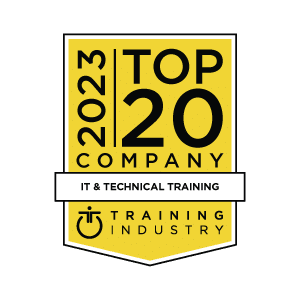This OD-MMA: Oracle Database: Managing Multitenant Architecture course covers all aspects of the multitenant architecture, providing detailed information on the components of an Oracle multitenant container database and its regular and application pluggable databases.
You learn why and how to create and manage a multitenant container database and its regular and application pluggable databases, with storage structures appropriate for the business applications. You practice cold and hot cloning, plugging unplugged pluggable databases in multitenant container databases using various methods.
In addition, you learn how to create common and local users and administer database security to meet your business requirements by using encryption, Database Vault and auditing and you will learn how to create a database deployment in the Cloud.
Versions Supported: 19c, 18c, 12c



